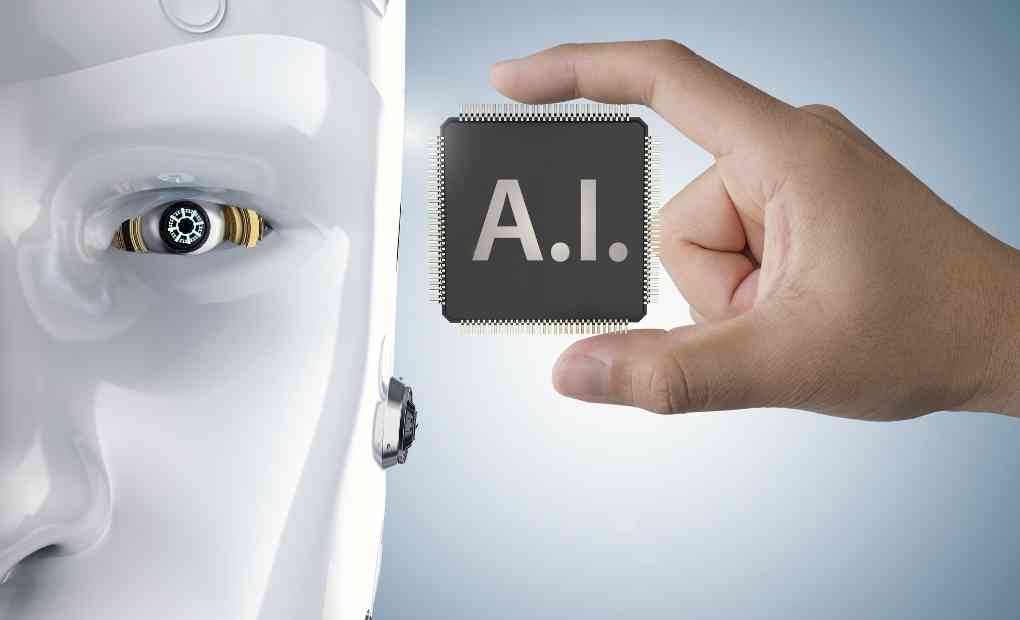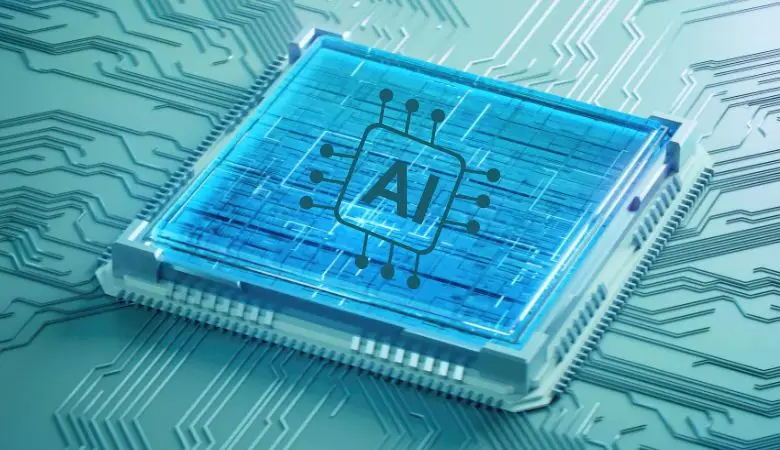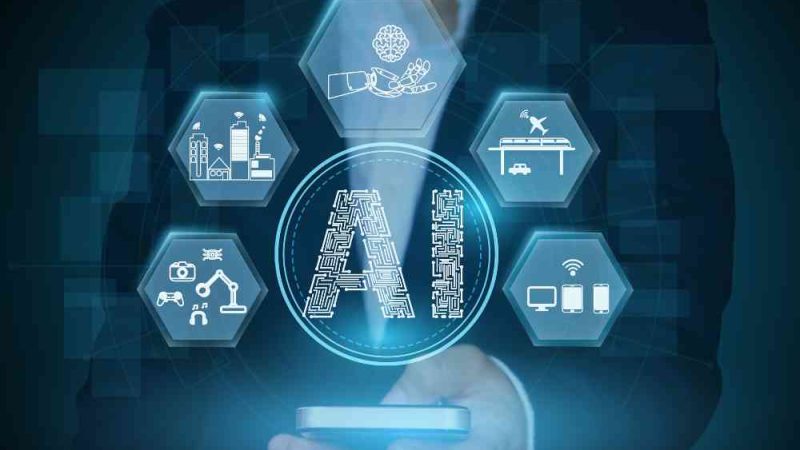How Artificial Intelligence (AI) is used in Business

Artificial intelligence is already extensively used in business applications, including automation, data analytics, and standard language processing. Beyond industries, these three fields of AI are streamlining processes and increasing effectiveness.
Automation eases constant or even dangerous tasks. Data analytics presents businesses with insights never before imaginable. Natural language processing provides intelligent search engines, improving chatbots, and greater accessibility for visually weakened people.
Supply chain management is also poised to create significant AI-based improvements in the next many years. Process intelligence technologies will present companies with detailed and thorough insight to monitor and update operations in real-time.
What is Artificial Intelligence
Artificial intelligence (AI) relates to the capability of machines to know the world around them, learn and obtain decisions in a comparable way to the human brain.
Artificial intelligence is the simulation of human intelligence means by machines, particularly computer systems. Particular applications of AI involve expert systems, natural language processing, speech recognition and machine vision.
Artificial Intelligence is an often-misused session developed to represent any machine able of creating complex, intelligent choices on its own.
This varies from a machine handy to mimic or reproduce human decision-making. These algorithms have been competent in intelligent reasoning, but only while faced with a decided kind of task. Narrow AI has numerous applications in business.
Artificial Intelligence in Business
Data clarity and security are areas where AI is demanded to obtain a meaningful difference in the following years. Consumers become conscious of exactly how much data businesses are collecting; the demand for more prominent transparency into what data is collected, how it is related, and how it is achieved will only increase.
Robotic Process Automation
The several everyday uses of AI seen in the analysis was the automation of assignments. Robotic Method Automation (RPA) does software algorithms to simulate human performance and automate standard duties for speed and performance.
Customer Service
Artificial Intelligence has shown effectiveness in online customer service. Intelligent chatbots can allow consumers immediate information without any human information from the managing organisation.
These bots’ services can convert more generous with experience as they learn more social signals and generate intelligent protocols. At the minute, these bots usually are comparatively narrow in their applications: they manage to raise a problem to a human connection if it appears confusing.
However, in the prospect, AI chatbots that pass the Turing test will be equal to human operators. This has clear financial advantages for the operating company, which will ascend down their skilled workforce or reassign staff to further productive tasks.
Cognitive Insight
AI can see even minute changes in patterns where exceptions exist. With massive data sets, it grows hard for humans to understand these slight differences.
They are simple to miss. AI not only understands the models but can track the issues to understand how it affects future behaviour. As such, it grows more intelligent over time. AI can also be used to flag exceptions, express and take corrective action, if necessary.
Marketing
AI in marketing is essentially used to obtain insights into target audiences in incredibly time-consuming ideas before the beginning of AI.
Market research is an indispensable part of any marketing campaign. AI seeks big datasets to create audience profiles for extra detailed and insightful than a particular human could. This allows creating targeted advertising and a significantly more likely and profitable return for companies buying marketing campaigns.






